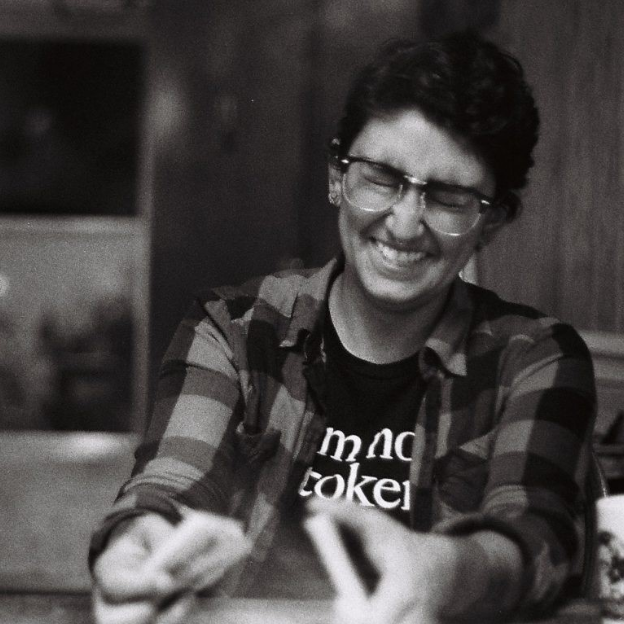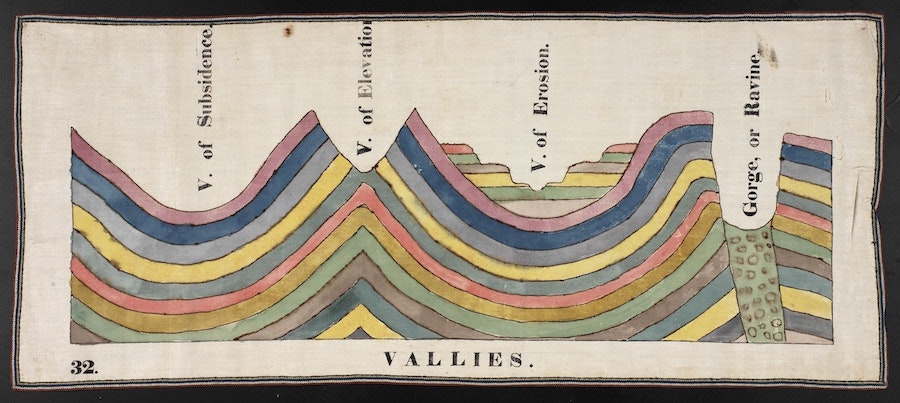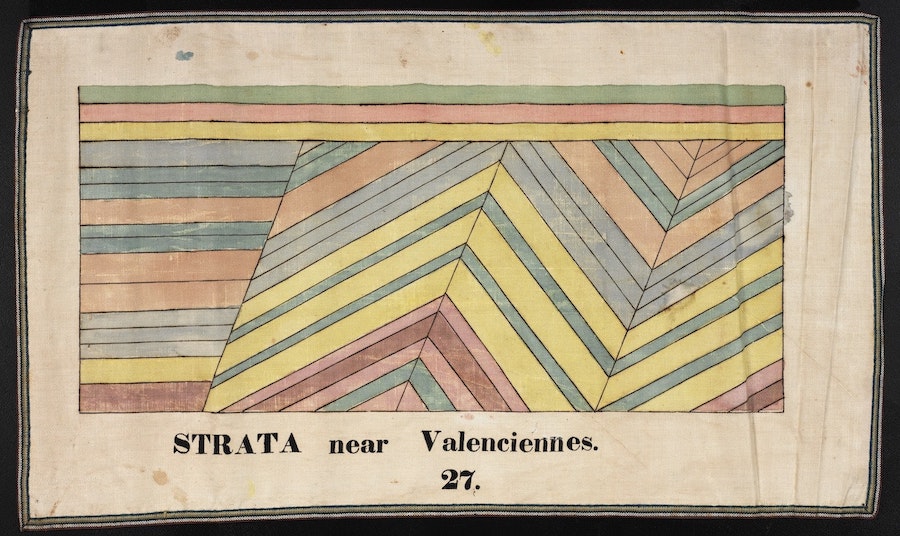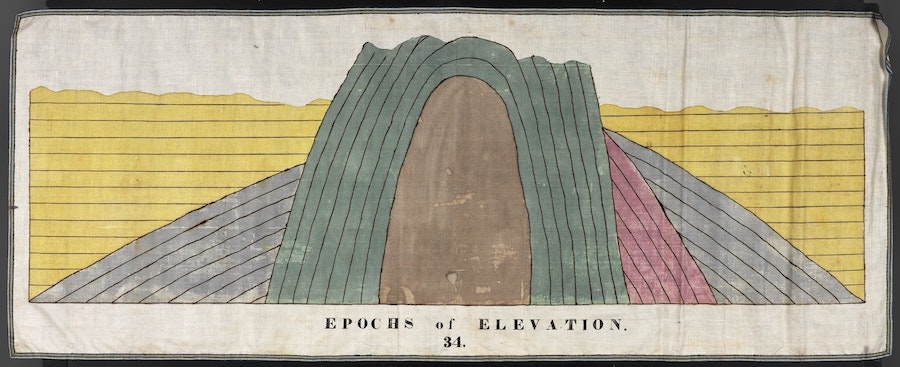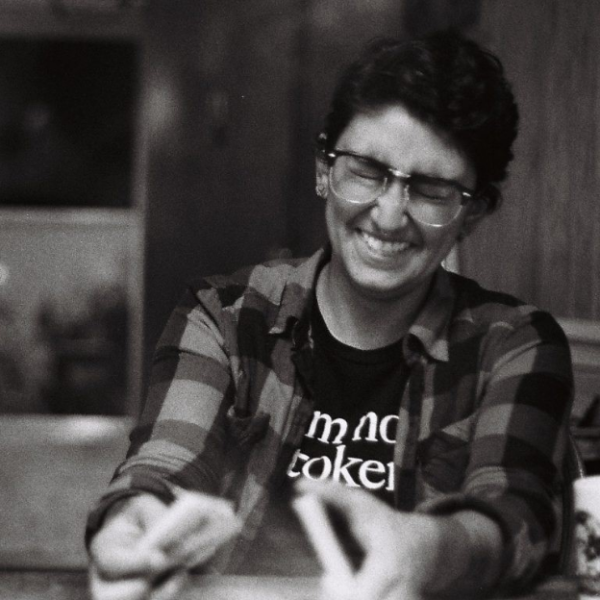
Tori Cárdenas, Poetry Editor
As the new Poetry Editor of Blue Mesa Review, my goal is to look for poetry that is both well-built and takes risks. I’m anxious (in all kinds of ways) to continue the pattern of publishing excellent poetry, and I want to do my best to serve Blue Mesa’s legacy. As for what I’m looking for, I want to uphold the standard of powerful work that previous editors have chosen over the years.
I believe a poem should be greater than the sum of its parts. Imagery, narrative, and strong diction give a poem a good backbone. These things are important. But craft and form can either become a strong exoskeleton or a cage. A poem needs to find the body it will inhabit. It will develop its arms in enjambment, its ground speed in rhythm, the span of its scope in temporality. And once the poem has been given a body, give it breath. And give it teeth.
Give it teeth that sink into someone and refuse to let go. An evolved poem has a nose like a bulldog so it can clamp on and still breathe. Its jaw muscles and nasal cavities must be developed over time—to make it an apex predator, to give it the best chance to succeed in the ecosystem of poetry that it has been born into. Revision and evolution are key to putting your poem at the top of the food chain.
But a good poem also adapts to the ecosystem around it. Poetry has always been the internal language of human beings. Whether it’s music, spoken word, chapbooks or epics, poetry has flowed through us for millennia, connecting us to one another’s experiences, tapping us into universal human truths, sharing lessons and bestowing wisdom. We love movies because they are story and image, but poetry used to be our main vehicle for expression and connection. How do we do that now, in an atmosphere that dismisses art and poetry? In a world where the written word is monitored and censored? How can poems evolve past words on a page to have a life of their own?
A poem should be conscious. Poetry should be aware of the climate of the world we live in and reflect it in a way that disrupts our preconceptions. A poem, whether it dodges or takes a bullet, should teach us something about how to survive. How to flourish. Poetry is what reminds us that we are human. Poetry is what brings us together.
I’m constantly looking for ways to do this in my own work, but I look for it in others’ poetry as well. I look for poetry that corners me, poetry that I can’t stop thinking about. I look for poetry that begs to be shown and shared with others, so that it can latch onto them, too. When I recall the lessons that a poem taught me, or relate it to a feeling or a moment I’ve felt in my own life, then I know I did not escape from it. I know that others have had or will have that same experience. This is how poetry unites people, by expressing something that we don’t have the words to say ourselves, and connecting us over borders, tangible and perceived.
Now that you have an idea of what I’m looking for, please send me your best work. I can’t wait to be bitten.

